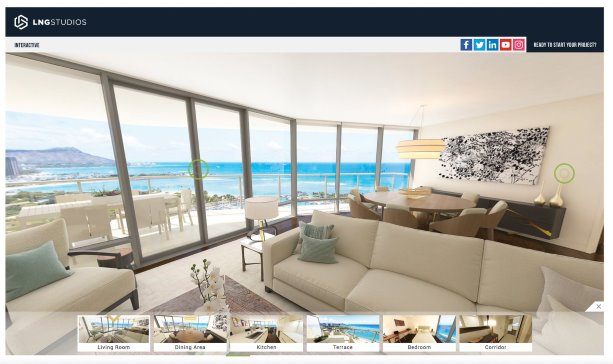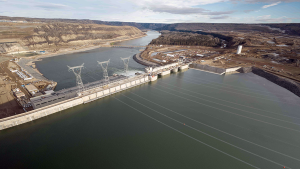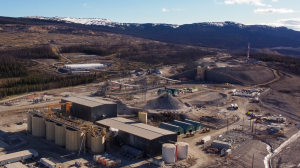British Columbia has been punching above its weight in the expanding field of virtual reality (VR). One VR company that’s been making its mark in the field—and among property developers — is Vancouver’s LNG Studios.
The company defines itself as a "…creative visualization agency specializing in virtual reality, architecture and real estate." A part of that mandate involves assisting developers and builders to visualize a completed building long before it’s built.
"We’re an eight-year-old company that started doing 3D rendering for developers who wanted to market a project before breaking ground," says Jonathan Grand Pierre, director of strategic partnerships with LNG Studios.
"But as technology quickly changed, we realized we needed to stay ahead of the curve by providing clients with technological developments they were ready to adopt and accept."
Model suites and interior mock-ups were once the best way to help clients anticipate the appearance and functionality of a finished space. Today, LNG takes information on each of the construction trades from the architect and layers it to create a 3-D rendering in virtual reality. Using VR gear, such as HTC VIVE or Oculus Rift, a client could, for example, visualize the rooms of a hospital, complete with equipment, to ensure that space requirements and workflows are optimal.
"They can make changes to dimensions and configurations and translate those changes to construction plans, long before the building is built," says Grand Pierre.
"These applications are becoming more popular as the technology gets better and becomes more widely available."
Currently, the company is seeing significant demand from condominium developers, for "room scale virtual reality" a service LNG has been offering for the past three years. It allows potential buyers to preview and design their suites, down to floor finishes and paint colours.
To examine the condominium unit in VR, prospective buyers don VR equipment typically located at the developer’s sales office.
"Wearing the VR gear, you can just point and transport yourself to any place in the condo unit," says Grand Pierre. "From any space you point to, you can walk around within the unit. You could even bend down and look underneath a table if you want to."
Users can instantly change any of the interior options specified by the developer and built into the VR experience.
Fitting furniture into a suite has become a critical consideration as condominiums become smaller. Furniture suppliers such as Ikea and Urban Barn can offer buyers virtual representations of their furniture lines, allowing them to populate the suite with all the furniture they need at a pre-set price.
"Imagine your suite will be on the 25th floor of a building with a balcony view overlooking Yaletown," says Grand Pierre.
"The cool thing is that we will send a drone to that location before anything is built and take it up to 25th floor level and capture 360-degree images so you can walk out onto your balcony in VR and preview the view."
Grand Pierre sees LNG’s VR services as transferable not only across Canada but across the world.
"It’s a communication tool that doesn’t require a language," he says. "Anyone can enter a virtual world and immersing them in what will possibly be their next big investment is something very powerful."
On the horizon is augmented reality, a technology that would allow holograms of buildings to appear in real space.
"Augmented reality could involve putting on glasses and seeing a hologram of a building in front of you at scale," says Grand Pierre.
"After putting all the specifications and plans of a building together, you could visualize it as it would be built. However, it’s still early for augmented reality on the technology side. It still needs work to be ready for the construction market."
To date, Grand Pierre has spent more than 2,000 hours in virtual reality.
"At first I saw it as a gaming tool — the next PlayStation," he says. "Now I think of all of the applications that can harness VR to help people. We’re building a new virtual world."












Recent Comments
comments for this post are closed